Amir Gilboa, 1917-1984CIE+
Ukraine-born Gilboa was one of Israel’s leading poets, winning the Bialik and Israel prizes. His poems incorporated a biblical theme of moral ambiguity and reflected his experience as a soldier in World War II with…

Ukraine-born Gilboa was one of Israel’s leading poets, winning the Bialik and Israel prizes. His poems incorporated a biblical theme of moral ambiguity and reflected his experience as a soldier in World War II with…

Raised in Lithuania, Goldberg settled in Tel Aviv in 1935 and became a Hebrew poet, literary translator, and author of children’s books and plays. She referenced the effects of World War II on Jews in…
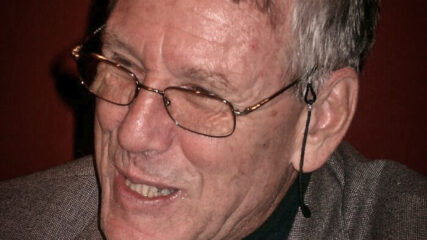
Oz was a journalist, a novelist and one of the first Israeli intellectuals to endorse a two-state solution through his 1967 article “Land of Our Forefathers.” He was a frequent critic of Israel’s military policies…
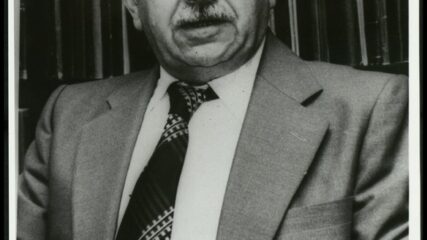
Urbach was a religion scholar and rabbi whose seminal work, The Sages, focused on the evolution of Jewish religious and social thought. A native of Poland, Urbach studied in Rome and Breslau before immigrating to…
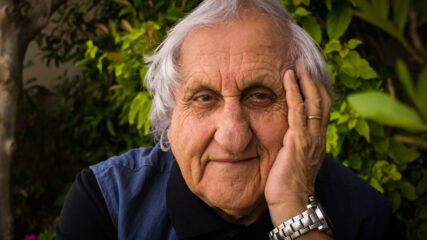
A part of the new wave of Israeli authors, Yehoshua wrote short stories, novels and plays, including “The Lover,” “The Tunnel” and “A Tale of Two Zionists.” He received international literary awards ranging from the…
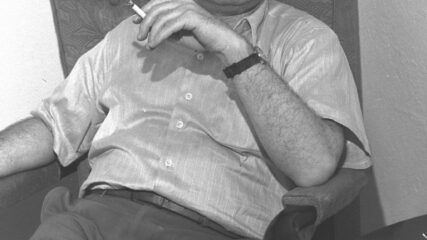
Born in Ukraine, Agron (originally Agronsky) immigrated to the United States. He wrote for Jewish newspapers and later for the Jewish Telegraphic Agency. In 1918 he joined Britain’s Jewish Legion in Palestine. He dived into…

Bat-Miriam, born in Belarus, is considered one of the four “mother poets” of modern Hebrew. Her 1937 book, “Eretz Yisrael,” examines the Land of Israel as a woman. She wrote many poems about biblical women…
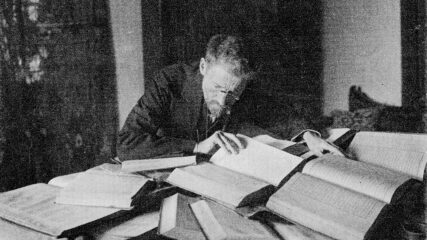
Ben-Yehuda was born in Belarus and moved to Palestine in 1881. He championed the use of modernized Hebrew as an essential element of Zionism. He edited Hebrew newspapers, created the first modern Hebrew dictionary and…
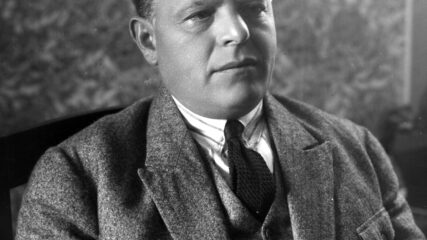
Bialik, recognized as Israel’s national poet, was born in Ukraine and moved to Palestine in 1924. After interviewing survivors of the 1903 Kishinev Pogrom, he wrote “Be-Ir ha-Haregah” (“In the City of Slaughter”), in which…
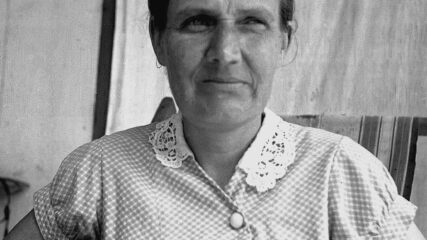
Bikhovsky, one of the “four mothers” of modern Hebrew poetry, often known simply as Elisheva, wrote about Zionism and antisemitism without biblical and rabbinical references. She was drawn to Hebrew as a Russian girl and…

An Austrian-born journalist, activist and writer, Birnbaum coined the word “Zionism” in the late 19th century. Using the pseudonym Mathias Acher, he wrote about the sociopolitical culture of European Jewry and expanded on the ideas…
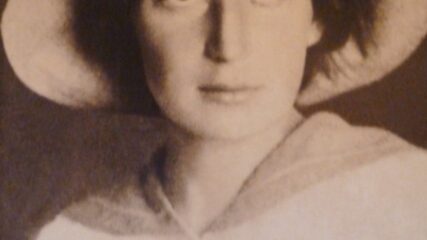
One of the four “founding mothers” of modern Hebrew poetry, known as Rachel the Poetess or simply Rachel, Bluwstein was born in Russia and moved to Ottoman Palestine in 1909. She wrote most of her…
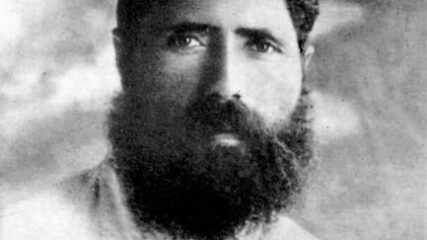
Born in Ukraine, Brenner emerged as the leading Hebrew literary figure in Palestine in the early 20th century. He joined the Bund, a Jewish socialist movement, as a young man and became a Zionist who…
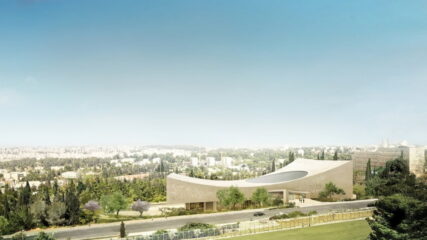
The first version of the Jewish National Library was founded in 1892 in Jerusalem, five years before the First Zionist Congress met; its location evolved to Mount Scopus in Jerusalem during the British Mandate and then after the 1948 war, the library’s books were moved to the Rehavia section of Jerusalem, and then in 1960 to Givat Ram campus of the Hebrew University. As a visiting graduate student from The University of Michigan in the summer of 1971, I walked into the mediocrely lit yet vast reading room of the Library.
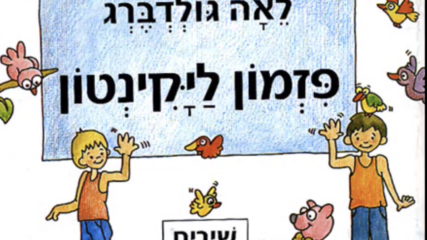
Integrating Israeli culture into your Hebrew learning and practice is not something we need to abandon in this time of social distancing. Here are several resources and suggestions for learners to keep Hebrew language skills sharp while exploring a variety of aspects of Israeli society.
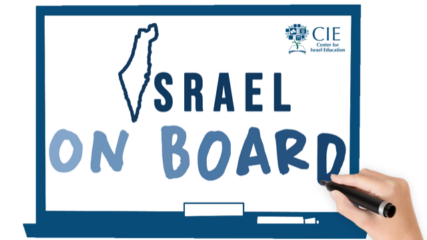
An overview of the important role that Hebrew played in the Zionist movement and how the movement itself helped spur the revival of the language.

Novelist Amos Oz’s final speech provides a summation of a lifetime of insights into Israeli society and a vision for what Zionism has yet to accomplish.

“The Struggle for Israeli Identity” Nahum Karlinsky, Graduate Seminar, Ben-Gurion University, Spring 2016 We start by outlining the construction of Israel’s collective identity during the state’s formative years. We then discuss the shattering of that…
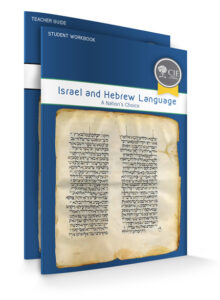
E-book
Explaining Hebrew language beyond religious practice and making it a spoken language of the street gave rise to a rich literary renaissance. In this curriculum, Hebrew literature excerpts demonstrate how the Hebrew language became a core element in Jewish state identity.
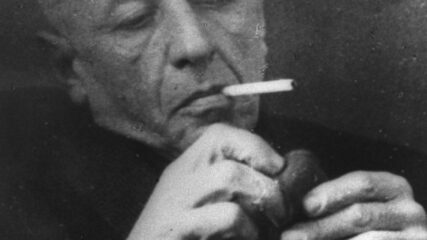
One of Israel’s greatest writers, Natan Alterman, reminded Israel’s accusers in 1969 that well into the 20th century the Palestinians did not even understand themselves as a separate people with a distinctive national identity marking them off from other Arabs. His argument, if framed as a question, might be formulated along these lines: If no one else, not least the Palestinians’ ancestors, saw their distinctive nation in Ottoman Palestine, how can the Zionists be blamed for not seeing one either? Thus, to fault the Zionists for failing to see what was not yet visible to anyone else, including the Palestinians, is to fault them not for suffering from blindness, but for lacking clairvoyance.
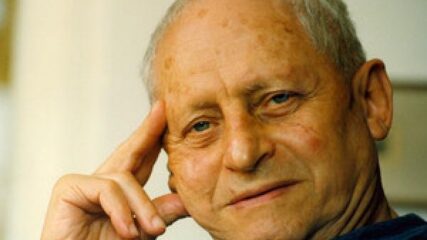
March 23, 2016 Aharon Megged, who won almost every literary prize in Israel, including the S.Y. Agnon Prize, Prime Minister’s Prize, President’s Prize and 2003 Israel Prize, dies in Tel Aviv at age 95. He…
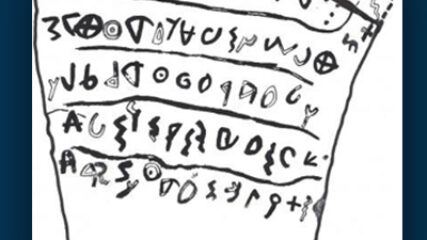
University of Haifa Professor Gershon Galil announces that he has deciphered an inscription from the time of King David’s reign in the 10th century BCE.
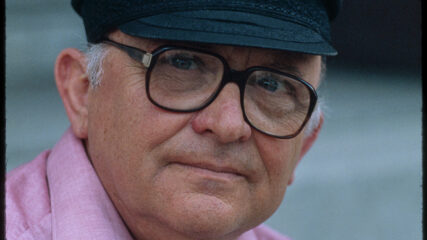
Organized by Israeli author Aharon Applefeld and politician Natan Sharansky, the Kisufim Conference opened in Jerusalem.
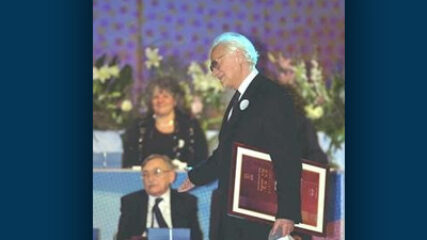
Israeli writer, playwright, and film writer/director Ephraim Kishon passes away at the age of 80 in Switzerland.